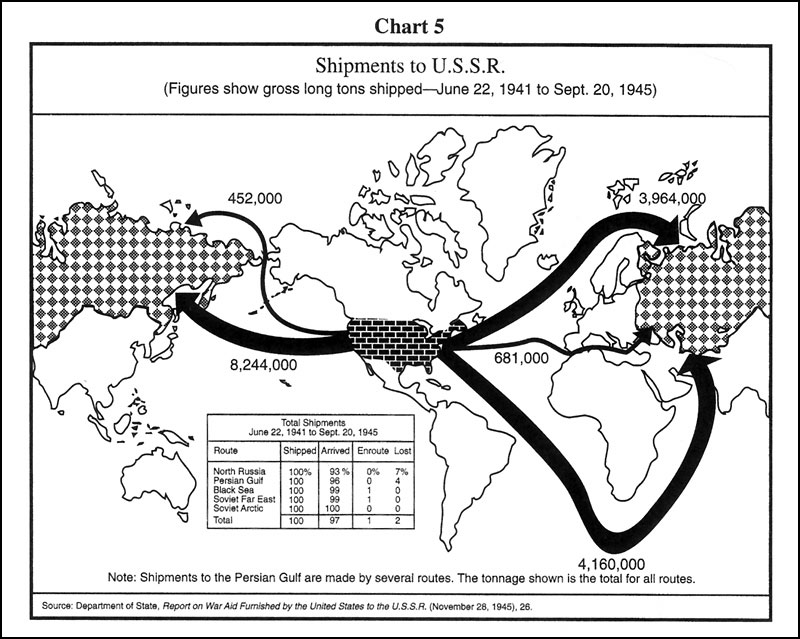@Cromwell_Dude:
Good question. Before I answer, I would like to know the answer to one question. Do you mean the attack as planned or as implemented?
I wasn’t aware of the discrepancy between the plan and the implementation, so my question didn’t take that factor into account. I guess this amounts to saying that it referred to the attack as implemented, since that’s all I knew about. I was vaguely aware, however, that Longstreet’s role on the third day has been seen as controversial, the argument on one side being that he doomed the attack to failure by his delays and the argument on the other side being that he considered Lee’s decision to attack the centre to be a colossal blunder against which he argued forcefully but which Lee still ordered him to carry out. But anyway, the aspect I was wondering about was the validity (or not) of drawing a parallel between that attack and the concept of human wave attacks in general and Japanese banzai charges in particular.
Since human wave attacks weren’t, as far as I know, a named and consciously-defined doctrine at the time of the US Civil War, it’s in a way anachronistic to refer to Pickett’s Charge as such. The method and the results in both cases nevertheless do bear a certain resemblance. One difference I can see, however, is the far greater imbalance of forces (and hence the more extreme nature of the tactic) that characterized banzai charges. At Saipan, for instance, the Japanese who charged the US Marine lines were out of ammunition and had little more than fixed bayonets at their disposal, while the Marines were armed with machine guns and flame throwers. The firepower discrepancy during the third day’s attack at Gettysburg was much less lopsided. And I guess another fundamental difference was in the motivational aspect. The Japanese at Saipan had exhausted their resources and their only options were to surrender, to die in their positions without resisting, or to die on the offensive in a banzai charge (as hopeless as that offensive might be). Lee had more options than that (including the option of disengaging and retreating), and furthermore he and his men didn’t have the added burden of operating under the “death before dishonour” philosophy of the Bushido code.








